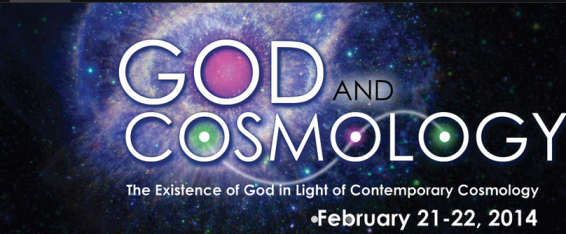Steven Pinker has kicked up a cloud of dust with a seemingly mild claim, addressed to people in the humanities: Science Is Not Your Enemy. And he’s right, it’s not! Science is merely an extremely effective method for gaining empirical knowledge of the world, and empirical knowledge of the world should not strike fear into any self-respecting intellectual person. Or if it does, perhaps you should contemplate a different form of employment, like U.S. Senator.
The devil is in the details, of course, and plenty of people have objected to the specific ways in which Pinker has argued that science is your friend, and others have defended him. Here are takes by Jerry Coyne, Eric MacDonald, and Massimo Pigliucci. I don’t mean to add anything deep or comprehensive to the debate, but I do want to make a suggestion that, if adopted, would make the world a better place: the word “scientism” should be dropped from the vocabulary of this discussion.
Now (like Pinker), I am a descriptivist rather than a prescriptivist when it comes to language. Word usage is not “right” or “wrong,” it’s just “useful” or “unhelpful.” So the point here is that use of the word “scientism” is unhelpful, not that people are using the “wrong” definition. It’s unhelpful because it’s ill-defined, and acts as a license for lazy thinking. (It wasn’t too long ago that I acknowledged the potential usefulness of the term, but now I see the error of my ways.)
The working definition of “scientism” is “the belief that science is the right approach to use in situations where science actually isn’t the right approach at all.” Nobody actually quotes this definition, but it accurately matches how the word is used. The problem should be obvious — the areas in which science is the right approach are not universally agreed upon. So instead of having an interesting substantive discussion about a real question (“For what kinds of problems is a scientific approach the best one?”) we instead have a dopey and boring definitional one (“What does the word `scientism’ mean?”).
I don’t know of anyone in the world who thinks that science is the right tool to use for every problem. Pinker joins Alex Rosenberg, who has tried to rehabilitate the word “scientism,” claiming it as a badge of honor, and using it to mean a view that “the methods of science are the only reliable ways to secure knowledge of anything.” But even Alex firmly rejects the idea that science can be used to discover objective moral truths — and others think it can, a view which is sometimes labeled as “scientism.” You can see the confusion.
Someone might respond, “but `scientism’ is a useful shorthand for a set of views that many people seem to hold.” No, it’s not. Here are some possible views that might be described as “scientism”:
- Science is the source of all interesting, reliable facts about the world.
- Philosophy and morality and aesthetics should be subsumed under the rubric of science.
- Science can provide an objective grounding for judgments previously thought to be subjective.
- Humanities and the arts would be improved by taking a more scientific approach.
- The progress of science is an unalloyed good for the world.
- All forms of rational thinking are essentially science.
- Eventually we will understand all the important questions of human life on a scientific basis.
- Reductionism is the best basis for complete understanding of complicated systems.
- There is no supernatural realm, only the natural world that science can investigate.
The problem is that, when you use the word “scientism,” you (presumably) know exactly what you are talking about. You mean to include some of the above supposed sins, but not necessarily all of them. But if you aren’t completely explicit about what you mean every time you use the term, people will misunderstand you.
Indeed, you might even misunderstand yourself. By which I mean, using vague words like this is an invitation to lazy thinking. Rather than arguing against the specific points someone else makes, you wrap them all up in a catch-all term of disapprobation, and then argue against that. Saves time, but makes for less precise and productive discussion.
Given that the only productive way to use a word like “scientism” — something vaguely sinister, ill-defined, used primarily as an accusation against people who would not describe themselves that way — would be to provide an explicit and careful definition every time the word is invoked, why use it at all? I’m not saying you can’t disagree with specific claims made by Pinker or anyone else. If you think people are making some particular mistake, that’s fine — just say what the mistake is.
I take the main point of Pinker’s piece to be the same as Feynman’s discussion of the beauty of a flower, or Dawkins’s Unweaving the Rainbow — science is not opposed to the humanities or the arts, but enhances them by giving us a deeper understanding. With that, I couldn’t agree more. We can disagree with some of the specific contentions in a constructive way, but lumping everything we don’t like into one catch-all word isn’t useful.
TL;DR: The word “scientism” doesn’t helpfully delineate a coherent position, it unhelpfully flattens important distinctions and creates a false target. We can do better.


